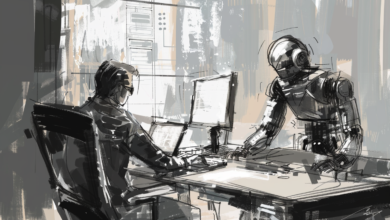New Law Holds Drivers Accountable for Littering from Vehicles

Drivers can now face fines for litter thrown from their vehicles under a new law, shifting responsibility to car owners to mitigate roadside littering and environmental damage.
Drivers Accountable for Littering from Vehicles under New Law
Drivers can now face £150 fines if litter is thrown from their vehicles, even if they personally didn’t throw it. This change, enacted in 2018, places the responsibility on car owners, with local councils empowered to issue fines based on evidence of littering. This measure aims to mitigate the environmental damage and significant cleanup costs attributed to roadside litter.
According to Wheeldon Brothers, councils no longer need to prove individual guilt as the car owner is held accountable. The cost of removing the litter, roughly £50 per sack, equates to fixing a pothole, emphasizing the financial strain on local authorities. National Highways reports collecting 200,000 sacks of litter annually, underlining the need for this regulation.
The crackdown seeks to reduce debris like coffee cups, fast food wrappers, nappies, and cigarette ends that endanger road workers and tarnish scenery. Car owners are urged to retain their rubbish until they can properly dispose of it.
Cleaning Car Parts to Avoid £440 Repair Costs
Todd Bialazewski, founder of Sell My Car Online, advises drivers to regularly clean key car parts to prevent potential issues, particularly during summer. Proper maintenance of the grille and exterior air vents is crucial to ensure effective ventilation to the engine and passenger compartment.
Regular cleaning can prevent grime buildup in air vents, seat tracks, door seals, and inner surrounds, enhancing car performance and avoiding costly repairs. Kwik Fit notes that air conditioning repairs in the UK can cost between £50 and £200, with regassing costs around £440 in some cases. Ensuring these parts are clean can avoid larger expenses and maintain the vehicle’s efficiency.
Drivers should prioritize cleaning these areas to enhance performance and avoid potential issues, ensuring safer and more pleasant driving experiences.








